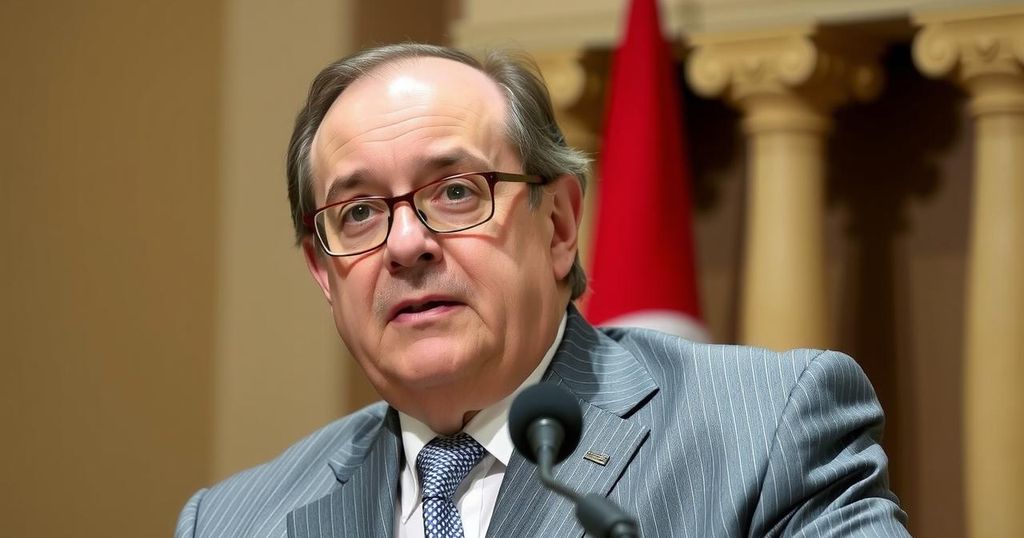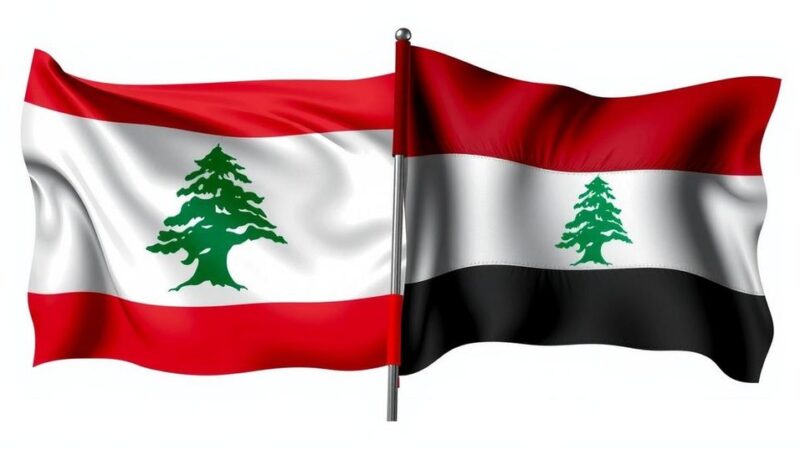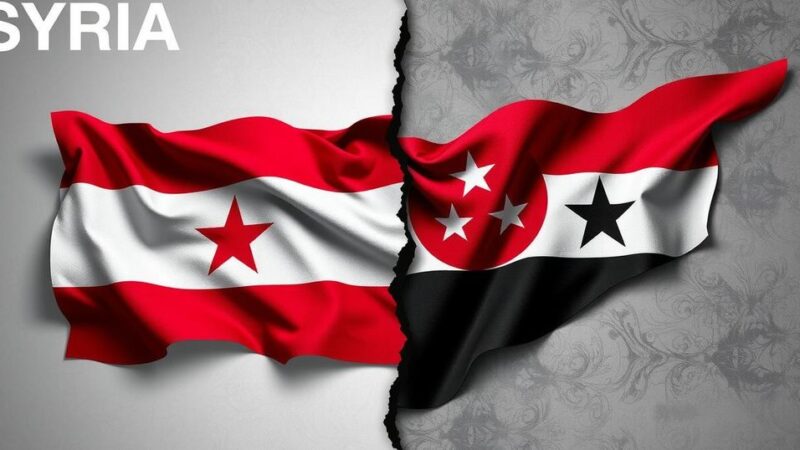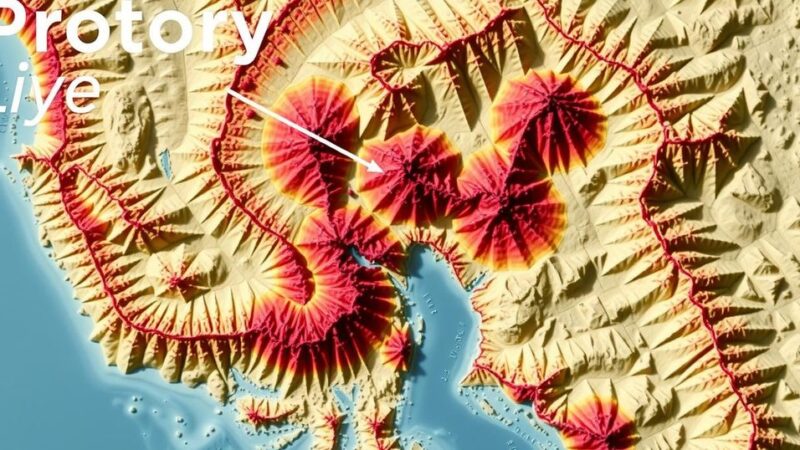Nawaf Salam has been named Lebanon’s Prime Minister-designate, pledging to rescue and reform the crisis-stricken nation. He aims to collaborate across the political spectrum, extending an olive branch to Hezbollah, despite their initial opposition. Salam also highlights the necessity for government formation amidst Lebanon’s significant financial crisis and the impact of the recent Israel-Hezbollah conflict.
Lebanon’s Prime Minister-designate, Nawaf Salam, has vowed to undertake the tasks of rescuing, reforming, and rebuilding the nation that is currently facing severe crises. In his inaugural address, Salam emphasized his intent to reach out across the political landscape, particularly towards Hezbollah, which notably objected to his appointment. Backed by over half of the parliament, he expressed his openness to collaboration and a desire to initiate a “new chapter” for Lebanon.
Having previously served as the President of the International Court of Justice, Salam noted his commitment to extending the Lebanese state’s authority throughout the country and pledged to earnestly implement United Nations Resolution 1701, which demands Hezbollah’s withdrawal from southern Lebanon. He also asserted intentions to advocate for the expulsion of Israeli forces from Lebanese territories. Amidst the worst financial crisis Lebanon has encountered since 2019, he aims to establish a modern and robust economy through cooperative governance.
It is essential to acknowledge that in the politically diverse context of Lebanon, the nomination of a premier does not ensure swift government formation. The procedural dynamics often lead to delays stemming from entrenched political divisions. Nonetheless, Salam’s appointment is met with cautious optimism from segments of the population as Lebanon navigates the aftereffects of the recent conflict with Israel, which resulted in significant casualties and devastation.
Lebanon has been grappling with an intense financial and political crisis since 2019, exacerbated by regional conflicts and the aftermath of the Israel-Hezbollah war. The political landscape is characterized by significant divisions, particularly between factions such as Hezbollah and others that oppose its influence. The role of the Prime Minister is crucial in uniting diverse political entities and addressing pressing issues, including economic reform and security matters, particularly in light of UN resolutions that call for disarmament and state authority. Nawaf Salam’s recent appointment as Prime Minister-designate highlights the delicate balance of power in Lebanon’s governance and the potential for change amidst a challenging backdrop.
Nawaf Salam’s commitment to “rescue, reform, and rebuild” Lebanon presents a hopeful outlook for the nation’s recovery from profound crises. His willingness to engage with various political factions, including Hezbollah, signals a potential shift towards unity and collaborative governance. However, the complex political environment and historical challenges surrounding government formation in Lebanon may pose obstacles to his agenda. Salam’s leadership could be pivotal in addressing the nation’s critical issues, including security, economic recovery, and regional relations.
Original Source: www.aljazeera.com







